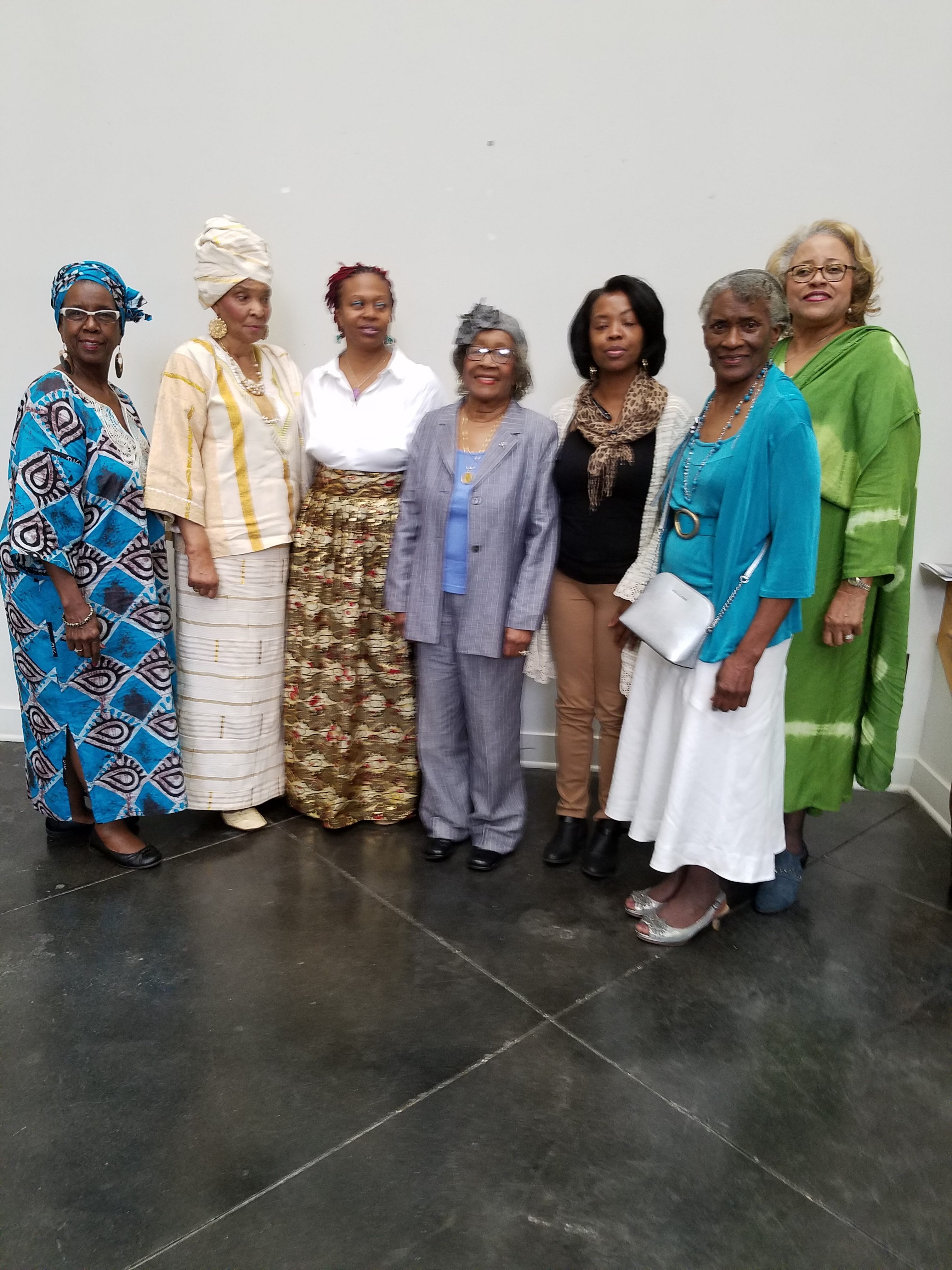
By Janice K. Neal-Vincent
Contributing Writer
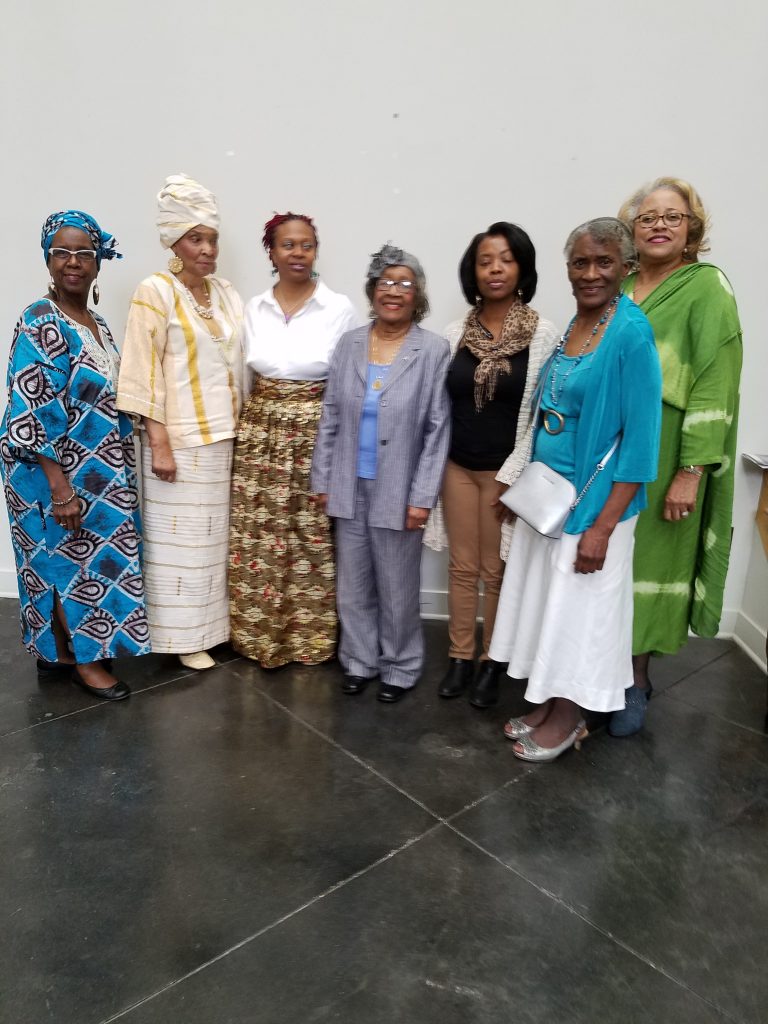
The Scott Ford House interpretative project engaged in extensive coverage of the vital role of midwives at Smith Robertson Museum and Cultural Center Saturday, March 19.
Fourth in a series of midwifery storytelling, the forum addressed midwife ancestral libations; the loss shrine; midwifery interviews and artifact collecting; Margaret Walker’s Jubilee on midwifery; the history of midwifery in America and the emergence of the Khet Hemet Birthing Center. Dorothy Stewart, historian and founder of Women for Progress, was the presider.
Guest commentator was Robert Smith, M.D., of Central Mississippi Health Center.
The forum opened with an encompassing dedication of love for Afrikan ancestry. Within the special segment was devotion to babies of miscarriages, abortions, stillbirths and children who died before their first birthdays.
“Like a tree, you must be rooted in who you are,” said Sankofa Ra, womb priestess and reproductive health educator/East Harlem NYC and Khet Hemet Birthing Center, New Rochell, N.Y. Referencing a ritualistic ceremony, Ra explained that credence to the above mentioned babies consists of pouring water into a live plant and its soil while speaking the name of a mother in honor and praise of the children who did not make it on the other side. Each audience member then received a remembrance card to write down the names of mothers who suffered the loss of a child. Those cards were placed on a table which was representative of a family table. Ra explained that during the ceremony all of the family members’ names would be mentioned.
This process served as a reminder to members to keep their family together while emphasizing the virtues of mothers and fathers and making sure no mother or baby died unwillingly.
In her novel Jubilee, Walker elaborated on her great grandmother Vr’y’s role as a midwife. According to Alferdteen Harrison, Ph.D., president of Scott Ford House, Inc., “Walker illustrates the role of the midwives in the slave community where they were the only healthcare provider for our people.” Harrison hastened, “Continuing this role of healthcare provider, midwives maintained it in our community until the 1960s.”
Curator Angela Stewart of the National Margaret Walker Alexander Research Center at Jackson State University proffered that the neo slave narrative Jubilee by Alexander states that midwives were valued by their owners from an economic perspective. Slave owners forced black women to rapidly bear children who were delivered at the hands of the midwives (older slaves who were no longer useful in the field). This process often produced a high death rate. Vr’y, Alexander’s great grandmother, was a midwife whose stories regarding the black woman’s complications during the process of labor and delivery were shared by Stewart.
“Midwifery was received as a calling. It was passed down and created across generational connections. The midwife had no time for her own family as she was available to those raising their families. She learned her trade from an older mentor with her own practice. She used a variety of medicines and herbs to take care of the mother. Though she taught prenatal care, she was very much involved in postpartum care. She performed rituals to protect the mother and baby from disease. She made sure the mother was committed to community resources. The midwife was a relational counselor. Highly religious, she kept her head covered to defray evil spirits,” interjected Ra.
Artifacts used by midwives were displayed. Presiding officer Stewart donated a black bag to the Scott Ford House Interpretative project that was used by one of her relatives, who was a midwife.
National Council of Negro Women representative Alice Tisdale appealed to the crowd to donate their artifacts. “We must make our house a haven of restoration regarding the artifacts,” she said. “We are calling forth artifacts from the community to help tell the story of the midwifery legacy,” explained Harrison.
Dr. Smith noted that Harrison and Stewart knew how to take nothing and evolve it into something. “The Scott Ford House project is worth preserving in America and particularly in Mississippi. If it had not been for midwifery where would we be? There are so many ways to bring people here and to make the importance of midwifery known. So the important role is to find ways and programs to appeal to different audiences,” he said.
Midwifery stories for this and past forums were recorded by Robert Luckett, Ph.D., director of the National Margaret Walker Alexander Research Center. This Scott Ford House interpretative project is the result of collaborations between the Smith Robertson Museum & Cultural Center, The National Council of Negro Women (for statewide coordination), and the Jackson State University Margaret Walker Center. Partial funding was provided by the Mississippi Humanities Council and The Greater Jackson Arts Council. The Community Foundation of Greater Jackson serves as the fiscal agent for the project.
For inquiries email Alferdteen Harrison at alferdteen@aol.com or call 601-953-4060.
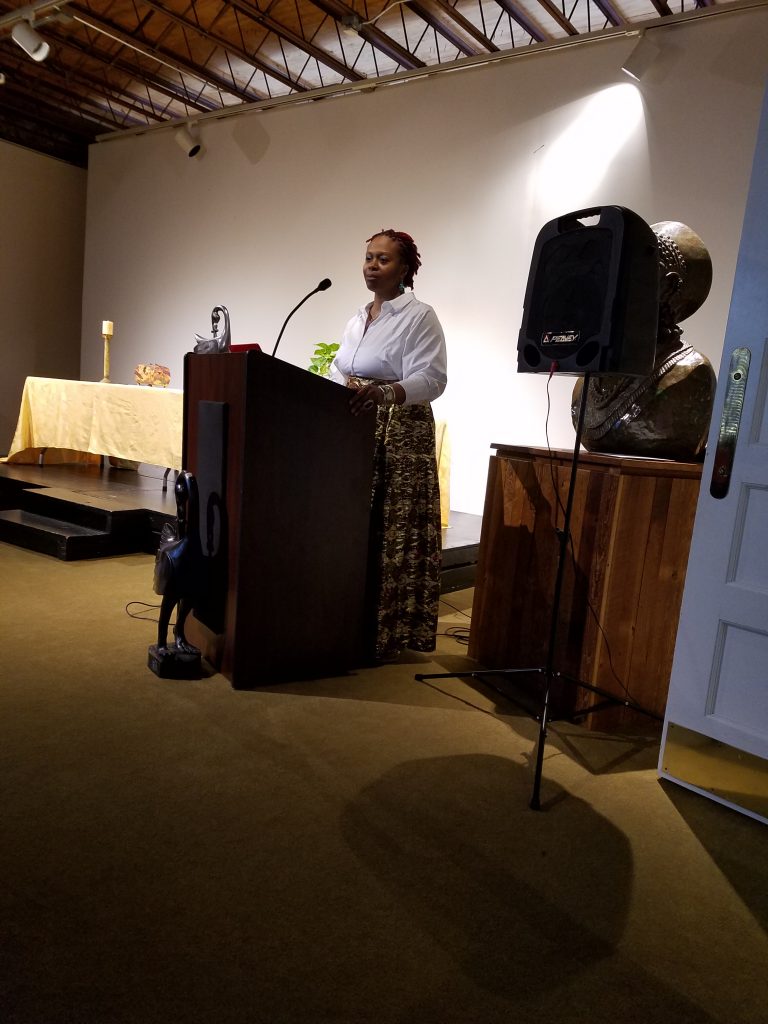
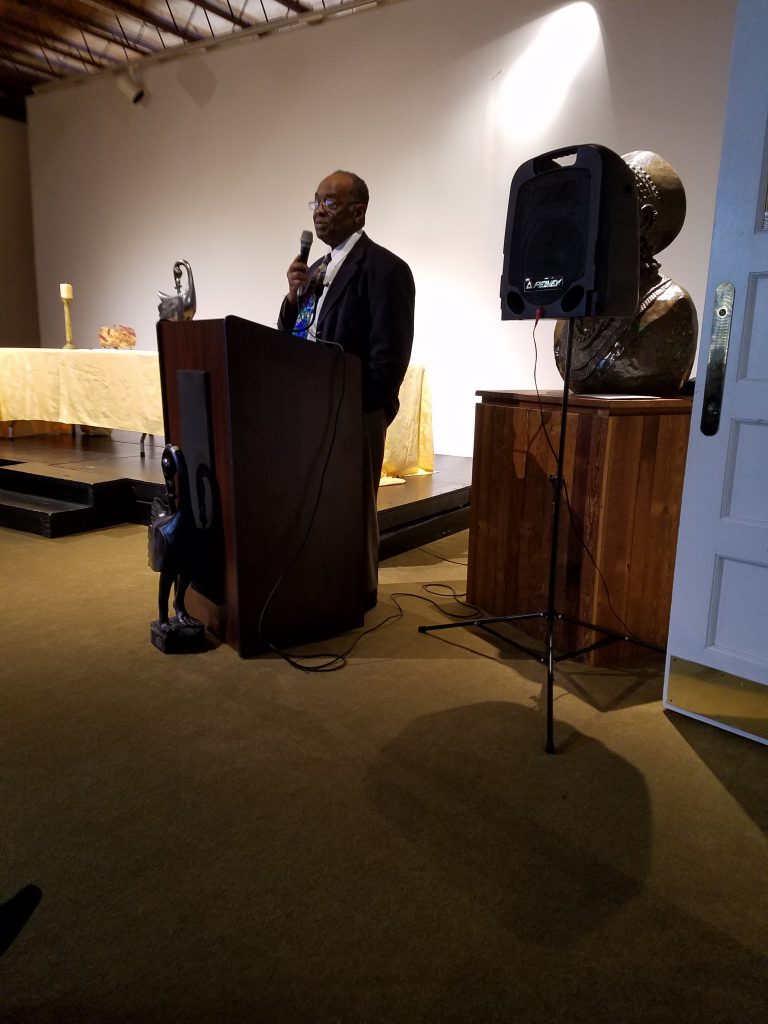

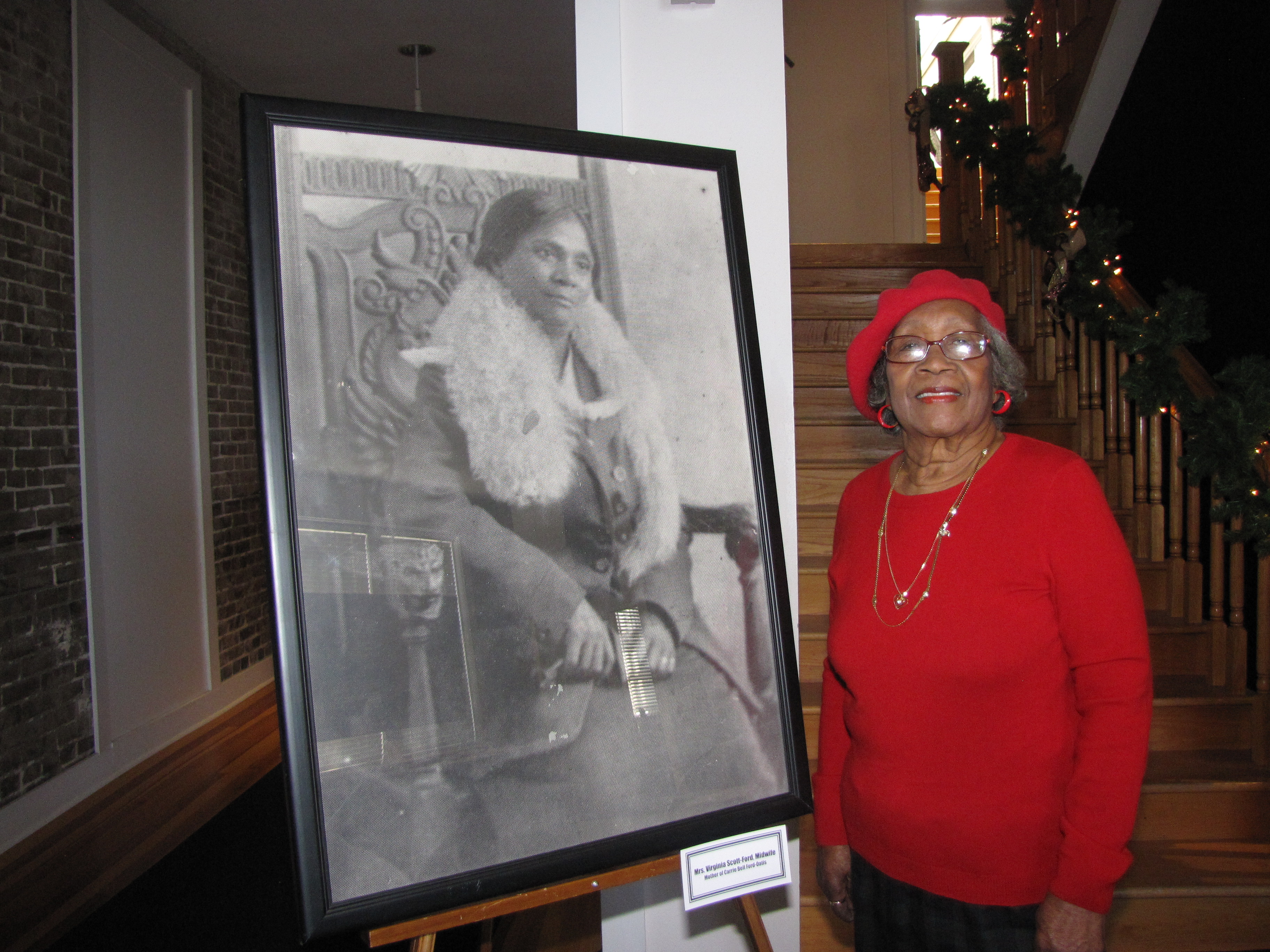
Be the first to comment